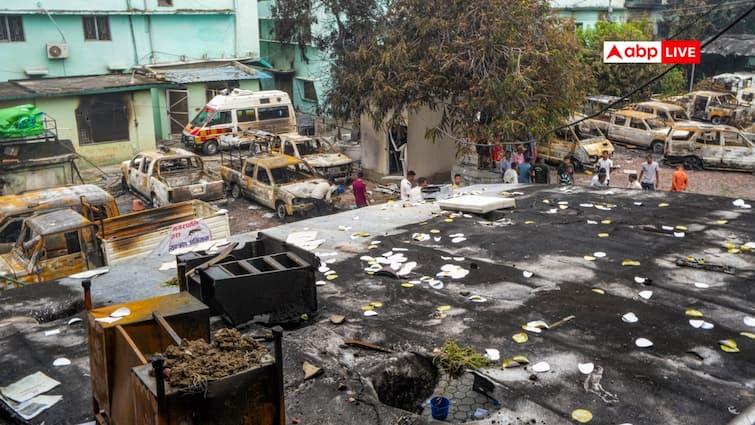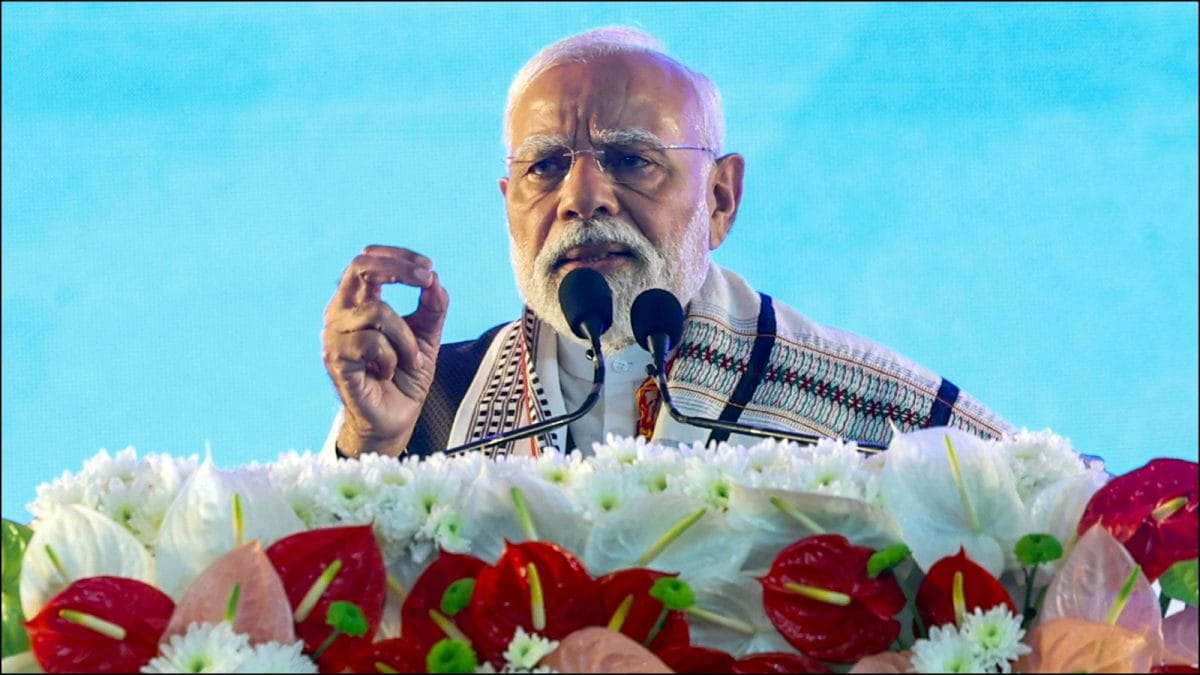Sushila Karki officially stepped into her role as Nepal’s interim Prime Minister on Sunday, pledging justice and relief for those who lost their lives during the recent Gen Z protests. Calling the deceased “martyrs,” she announced financial assistance of Rs 1 million (Rs 10 lakh) for each victim’s family, according to local reports.
Karki, Nepal’s first female Chief Justice, was sworn in on Friday by President Ramchandra Paudel after mounting public pressure from the youth-led movement. She began her tenure two days later with a solemn visit to the Martyrs’ Memorial in Lainchaur, where she paid tribute to the dead before heading to Singha Durbar.
Because the Prime Minister’s Office had been damaged in Tuesday’s arson attack, Karki commenced her official work from the Home Ministry’s building. One of her earliest directives was to extend immediate compensation to families of those killed in the week’s violent demonstrations.
Chief Secretary Eknarayan Aryal confirmed that every life lost during the unrest would be honored as that of a martyr, with their families receiving Rs 1 million each. The government has also promised free medical care for 134 injured protesters and 57 wounded police personnel, The Kathmandu Post reported.
Authorities have instructed ministries to compile detailed reports on the destruction caused by the protests, The Himalayan Times said.
The wave of unrest has so far claimed 72 lives, including 59 demonstrators, 10 inmates, and three police officers, according to local media.
President Paudel Urges Calm After Parliament Dissolution
Meanwhile, President Paudel, in an address to the nation on Saturday, called for cooperation in ensuring the smooth conduct of the House of Representatives elections set for March 5 next year.
His speech came after the dissolution of the lower house at midnight on Friday, a decision seen as fulfilling one of the Gen Z movement’s main demands. Protesters had accused lawmakers of deep-seated corruption and blocking meaningful reforms.
Acting on Karki’s advice, Paudel dissolved the House, ending its term ahead of schedule. He described the step as “difficult but necessary,” saying it safeguarded Nepal’s Constitution, parliamentary democracy, and federal republican system.
“A peaceful way-out has been achieved in an extremely difficult and frightening situation,” the president said, crediting “tactful intervention” for averting further chaos.
However, the move has sparked outrage among political circles. Eight parties represented in the dissolved House released a joint statement on Saturday, denouncing the decision as unconstitutional.
“It goes against Article 76(7) of the Constitution, Supreme Court precedents, and constitutional tradition. Such an action cannot be acceptable to us,” the statement declared.



